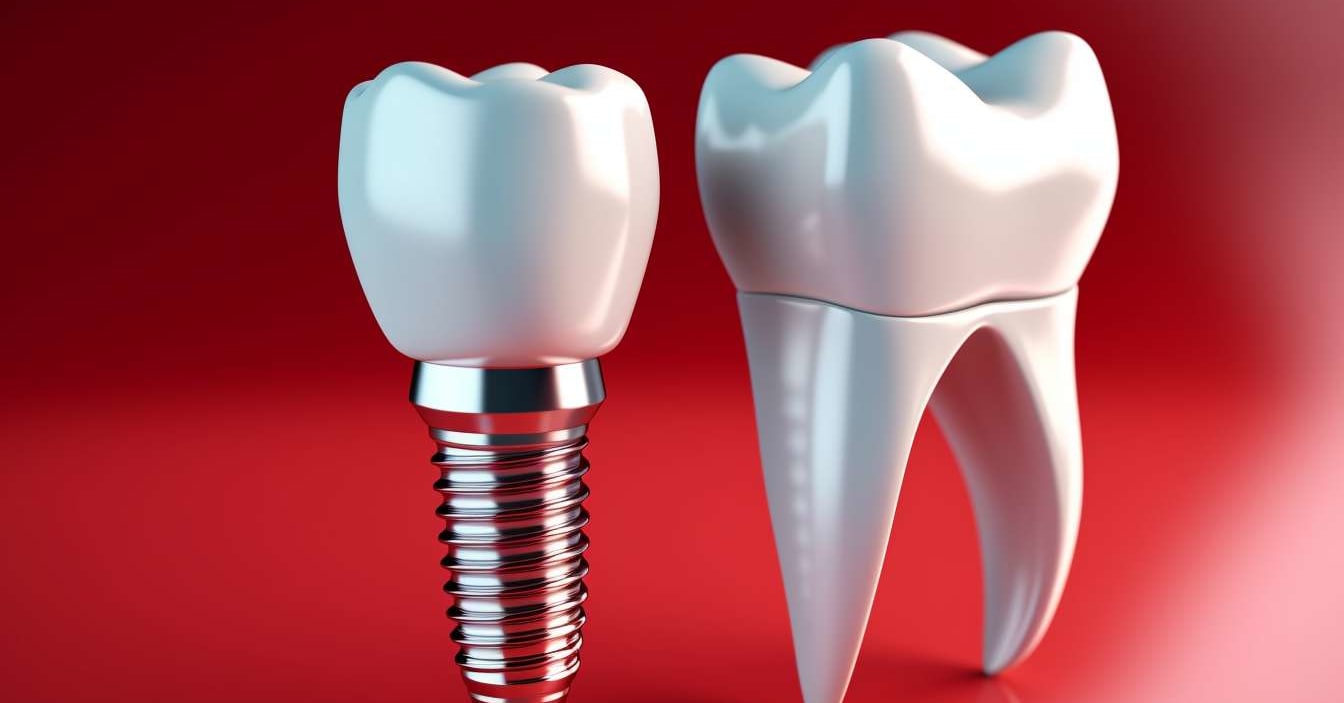A New Dental Implant Method You Should Know About
Dental implant technology has evolved significantly in recent years, with innovative approaches transforming how patients receive tooth replacement treatments. Modern dental implant methods now offer faster healing times, reduced discomfort, and improved success rates compared to traditional techniques. Understanding these advances can help you make informed decisions about your oral health and explore options that may better suit your specific needs and circumstances.

What Makes Modern Dentist Dental Implants Different?
Contemporary dental implant procedures have moved beyond the traditional two-stage approach that required months of healing between implant placement and crown attachment. Advanced techniques now utilise computer-guided surgery, allowing dentists to position implants with unprecedented precision. This technology creates detailed 3D maps of your jawbone structure, enabling practitioners to plan the exact placement angle and depth before beginning the procedure.
The materials used in modern implants have also improved considerably. Titanium implants now feature enhanced surface textures that promote faster bone integration, whilst newer ceramic options provide excellent aesthetics for patients with thin gum tissue or those concerned about metal sensitivities.
How Surgery Dental Implants Have Become Less Invasive
Recent developments in surgical techniques have made dental implant procedures significantly less invasive than their predecessors. Minimally invasive protocols now allow many patients to receive implants through small incisions, reducing post-operative swelling and discomfort. Some procedures can even be completed without traditional sutures, using advanced healing protocols that promote natural tissue recovery.
Immediate loading techniques represent another breakthrough, enabling patients to receive temporary crowns on the same day as implant placement. This approach eliminates the waiting period traditionally associated with implant treatment, allowing patients to maintain their normal eating and speaking patterns throughout the healing process.
Are Modern Dental Implants Suitable for Complex Cases?
Advanced implant systems now address previously challenging situations, including cases where patients have insufficient bone density or volume. Techniques such as zygomatic implants can anchor into the cheekbone, providing stable support even when traditional jaw bone sites are unavailable. Short implants have also proven effective in areas with limited vertical bone height, expanding treatment possibilities for many patients.
Digital workflow integration allows dental teams to coordinate complex treatments more effectively, combining implant placement with bone grafting, sinus lifting, or other preparatory procedures in carefully sequenced treatment plans.
What About Tooth Implant Options for Single Replacements?
Single tooth implant procedures have benefited tremendously from technological advances. Custom abutments designed using digital impressions ensure optimal fit and natural emergence profiles, creating seamless integration with surrounding teeth. Advanced crown materials now provide exceptional strength and aesthetics, making individual implant restorations virtually indistinguishable from natural teeth.
The healing protocols for single implants have also improved, with many cases requiring fewer follow-up appointments and shorter treatment timelines than traditional approaches.
How Do Permanent Dental Implants for Seniors Compare?
Older adults often face unique challenges when considering dental implants, including age-related changes in bone density and healing capacity. Modern implant techniques specifically address these concerns through modified surgical protocols and implant designs optimised for mature bone tissue. Research consistently demonstrates that age alone does not preclude successful implant treatment, with proper evaluation and planning.
Senior-focused treatment approaches may incorporate shorter implants, alternative loading protocols, or staged treatment plans that accommodate individual healing patterns and medical considerations.
| Treatment Type | Average Cost Range | Key Benefits |
|---|---|---|
| Single Dental Implant | £1,500 - £3,000 | Natural appearance, preserves adjacent teeth |
| Multiple Implants | £3,000 - £8,000 | Stable foundation, long-term durability |
| All-on-4 Full Arch | £8,000 - £15,000 | Immediate function, fewer implants needed |
| Zygomatic Implants | £12,000 - £20,000 | Suitable for severe bone loss cases |
Prices, rates, or cost estimates mentioned in this article are based on the latest available information but may change over time. Independent research is advised before making financial decisions.
The landscape of dental implant treatment continues advancing rapidly, with ongoing research focusing on further reducing treatment times and improving long-term outcomes. These innovations make dental implants increasingly accessible to patients who previously may not have been suitable candidates, whilst enhancing the experience for all patients seeking permanent tooth replacement solutions.
Understanding these modern approaches enables patients to have informed discussions with their dental teams about the most appropriate treatment options for their specific situations. Whether you require single tooth replacement or full mouth rehabilitation, contemporary implant methods offer sophisticated solutions designed to restore both function and confidence in your smile.
This article is for informational purposes only and should not be considered medical advice. Please consult a qualified healthcare professional for personalised guidance and treatment.




